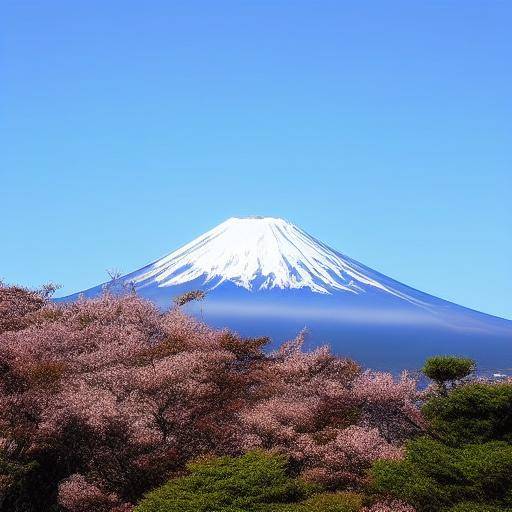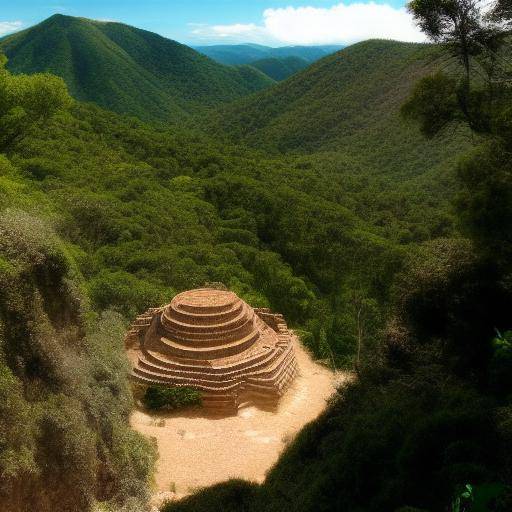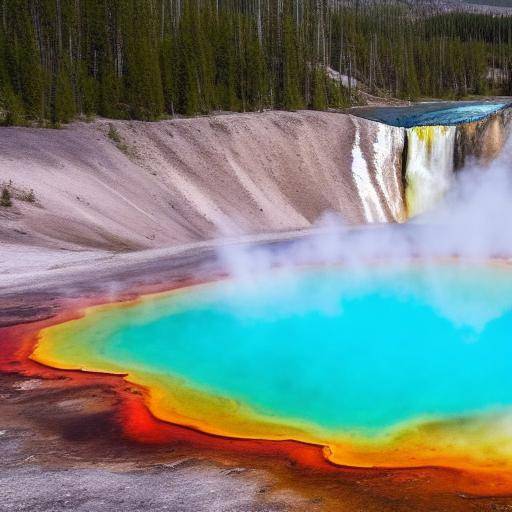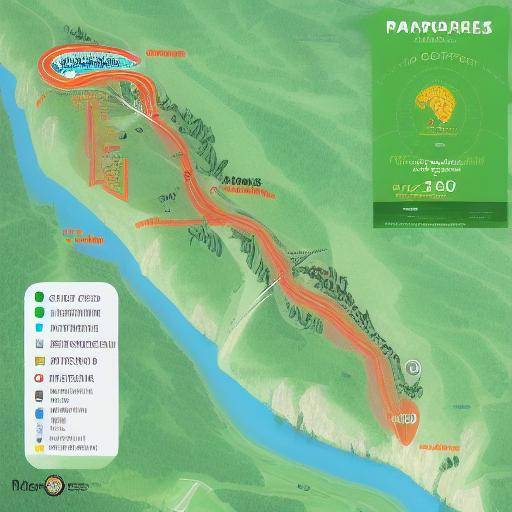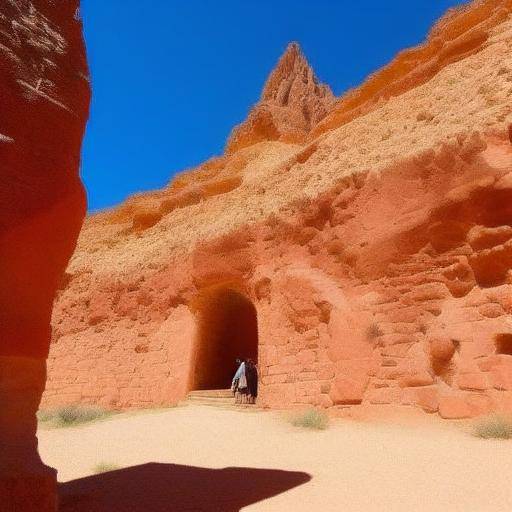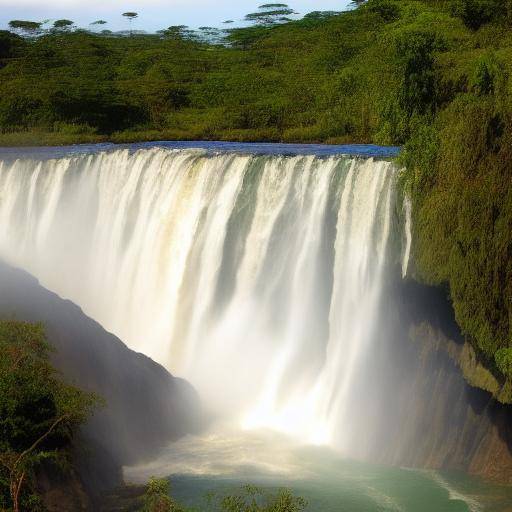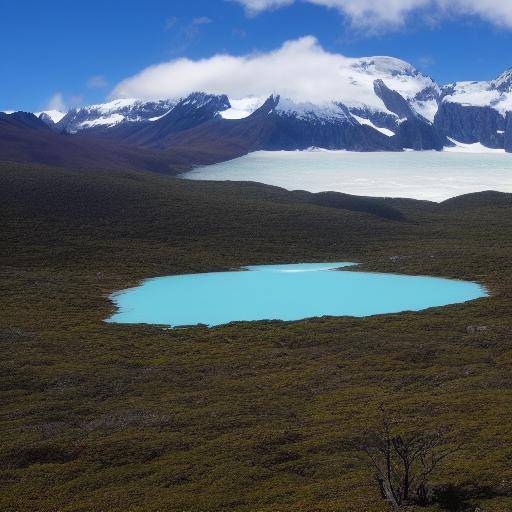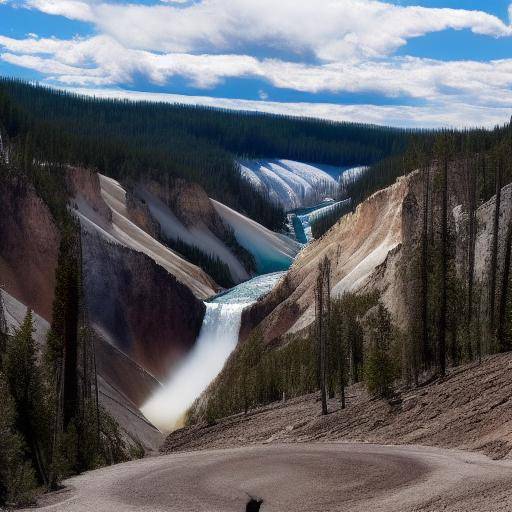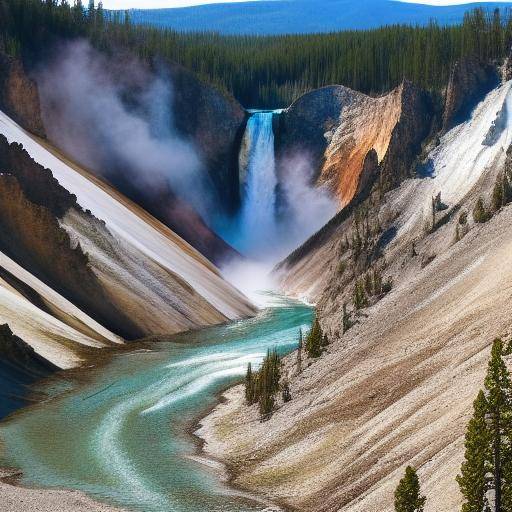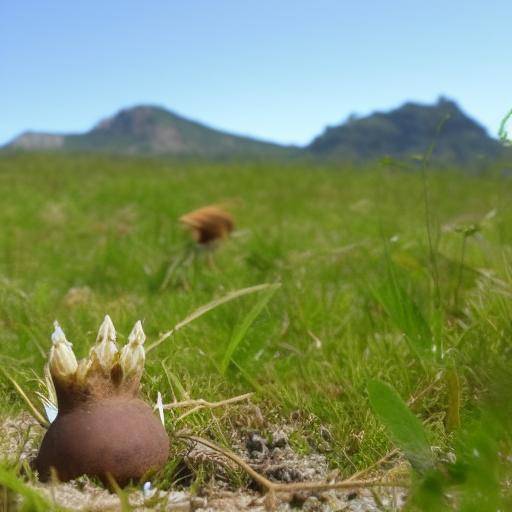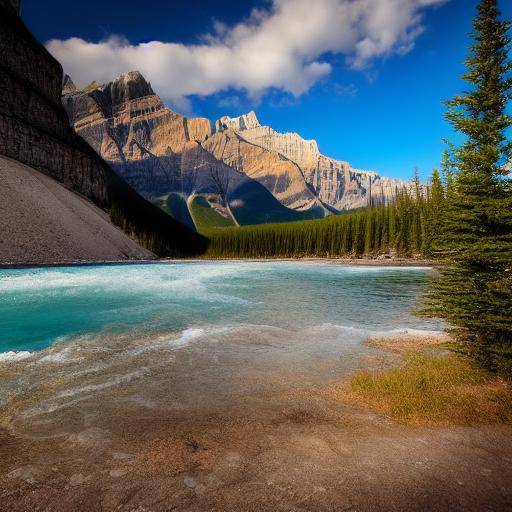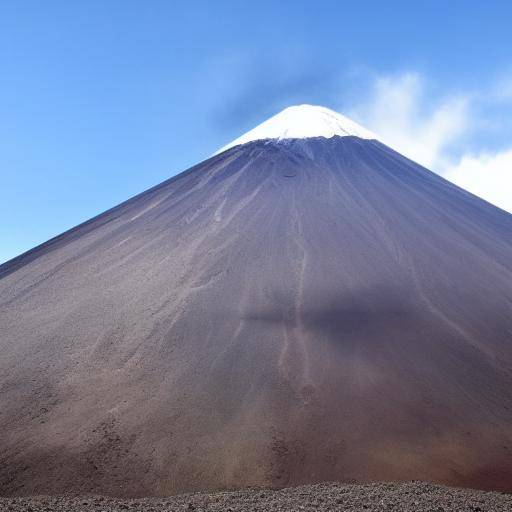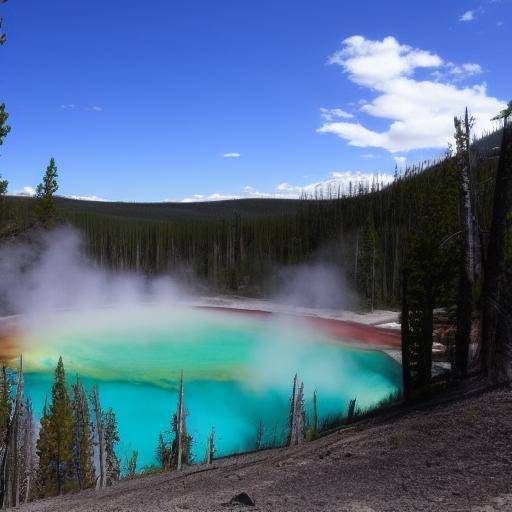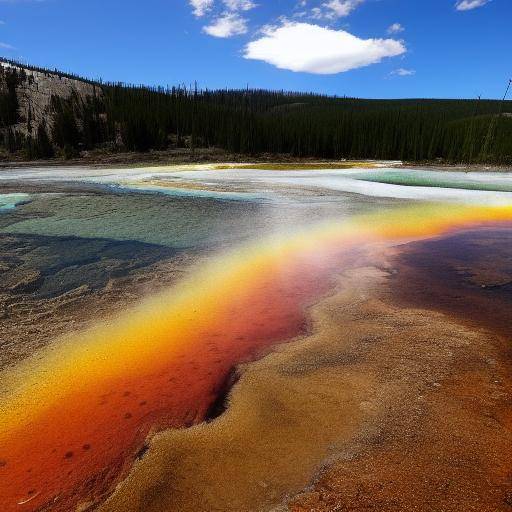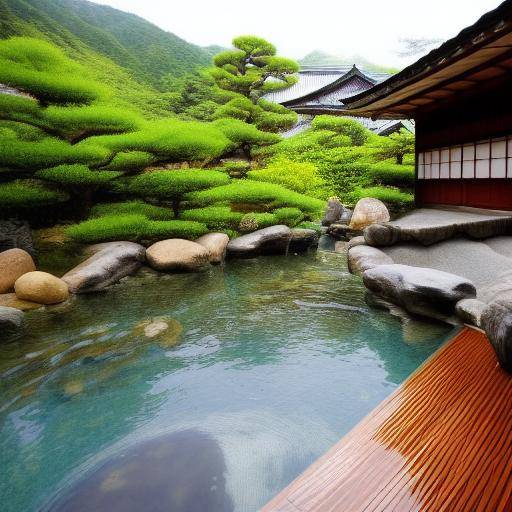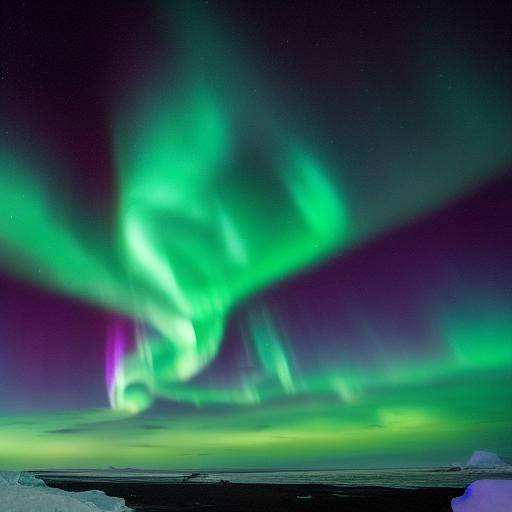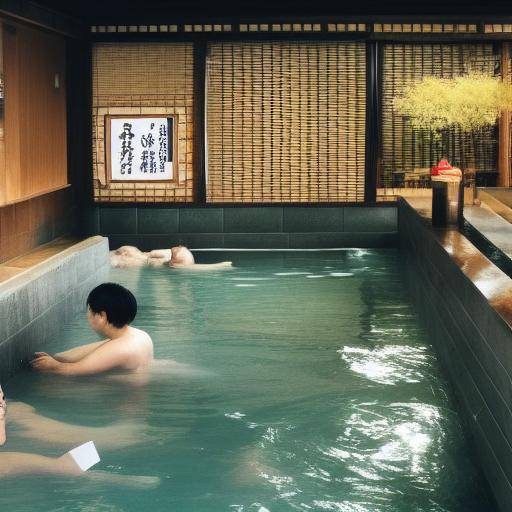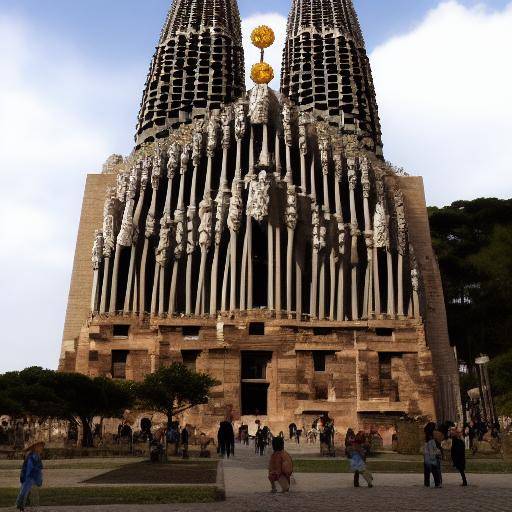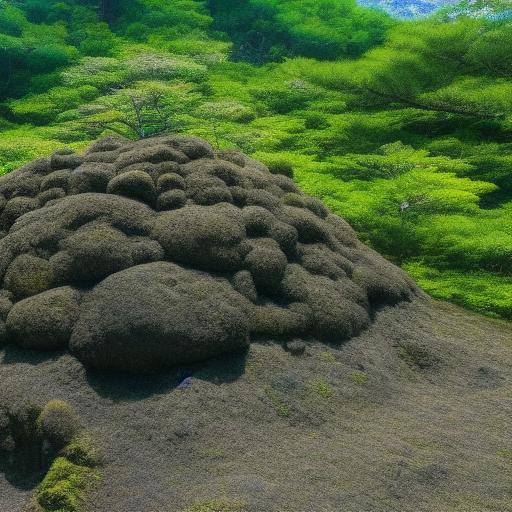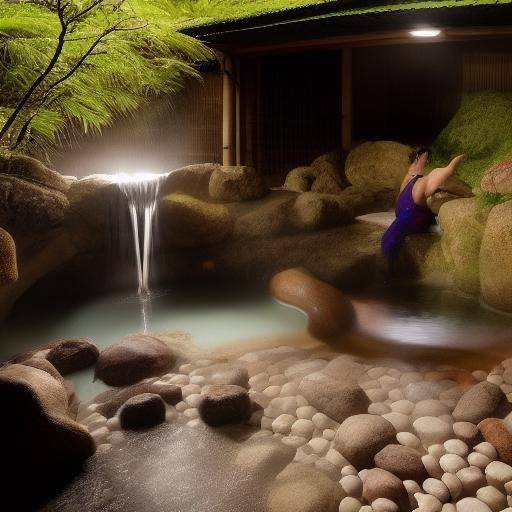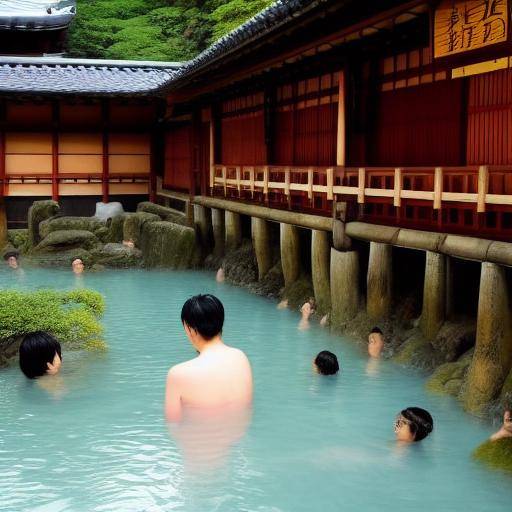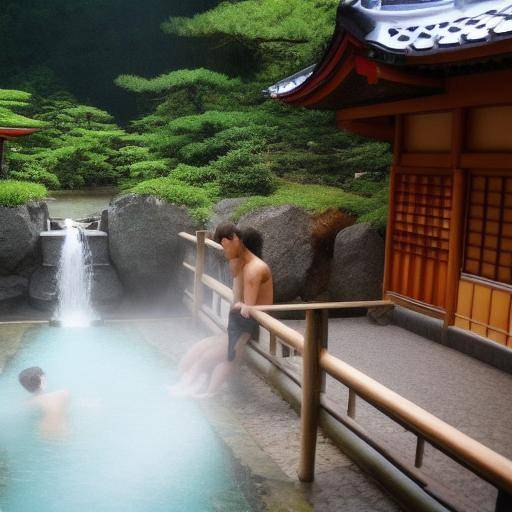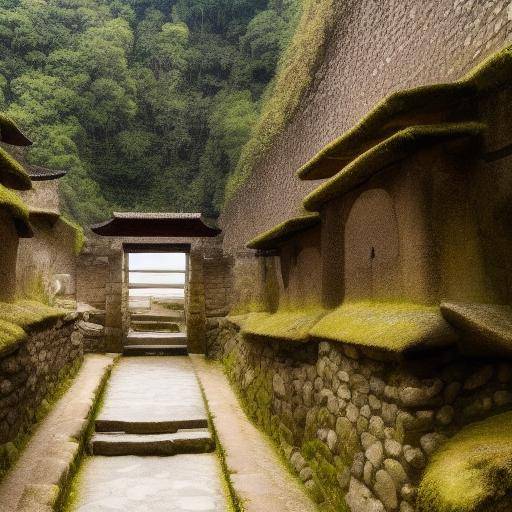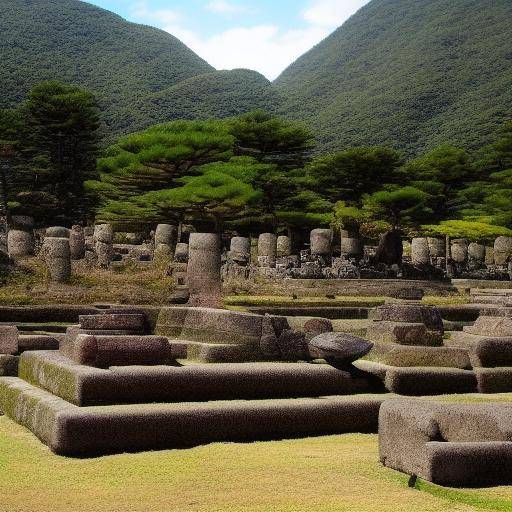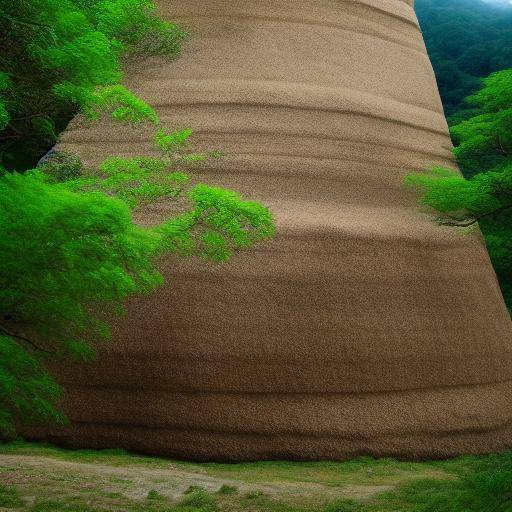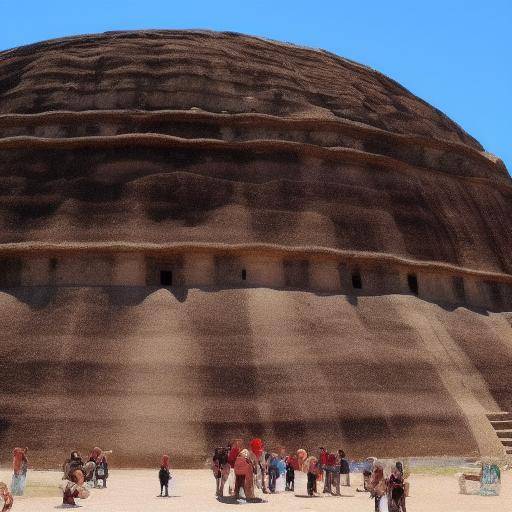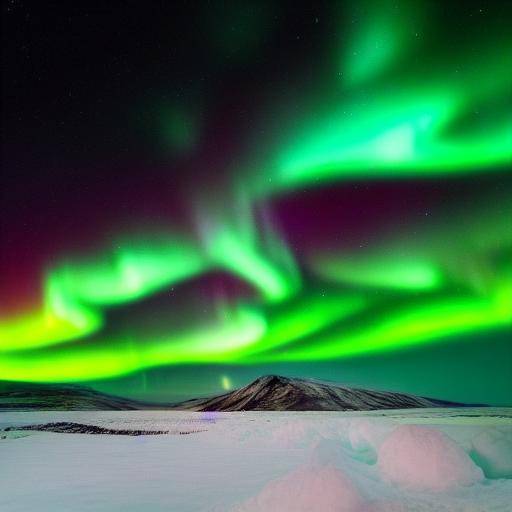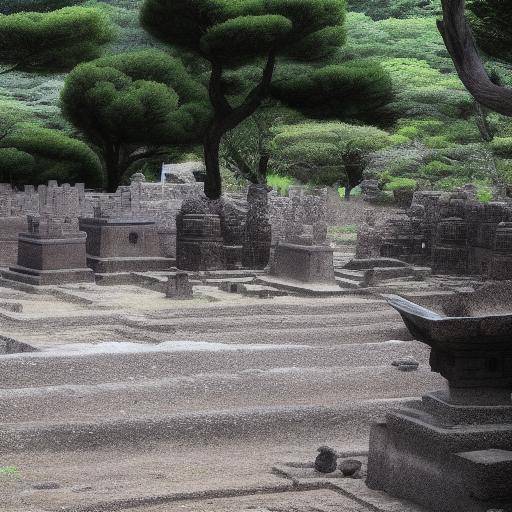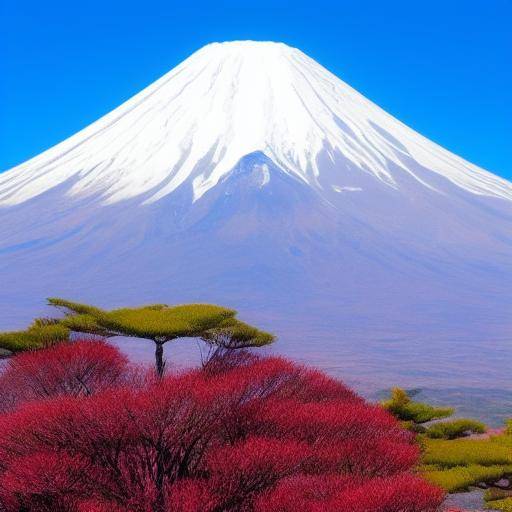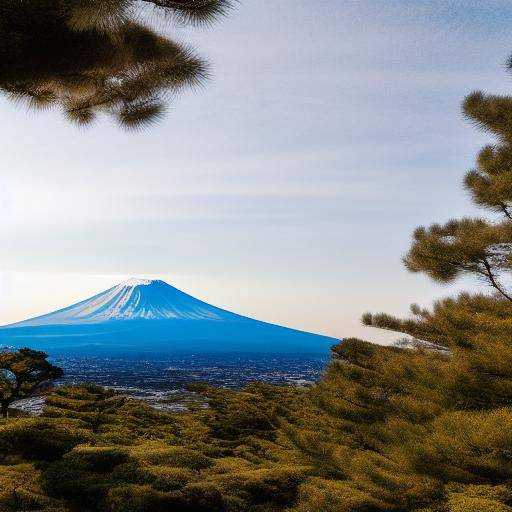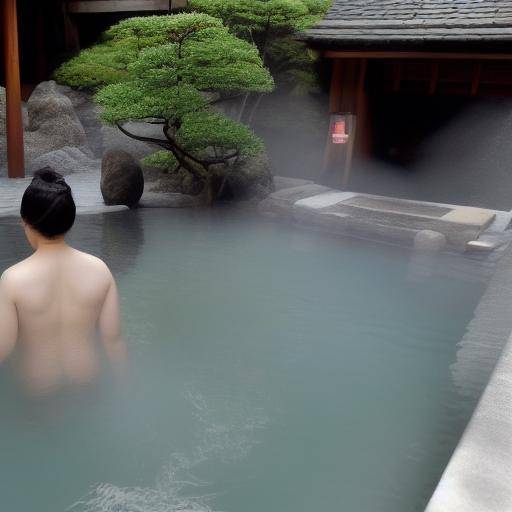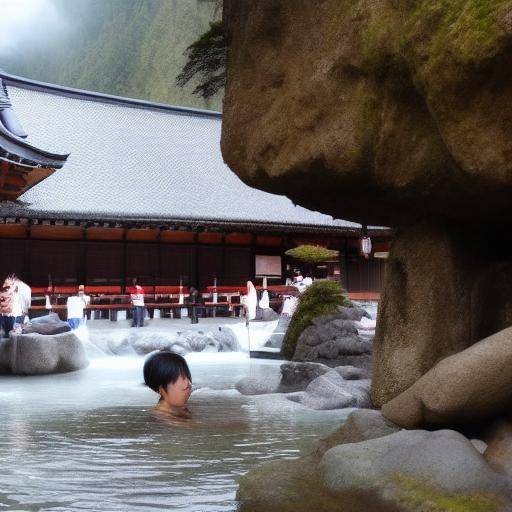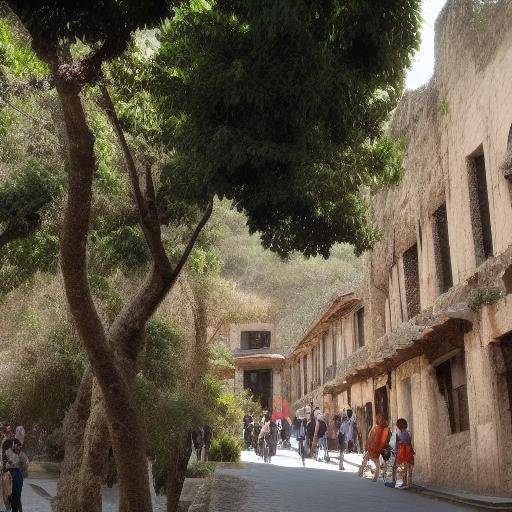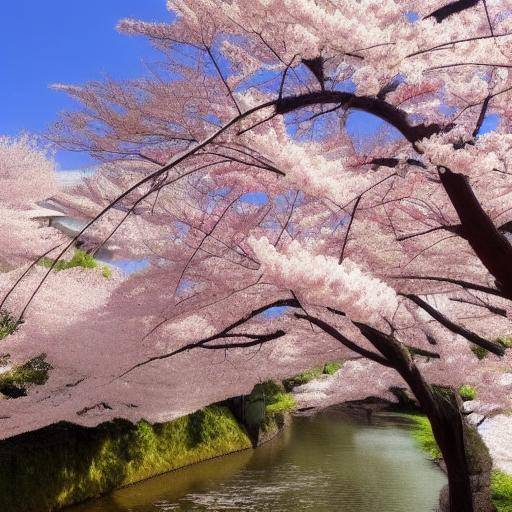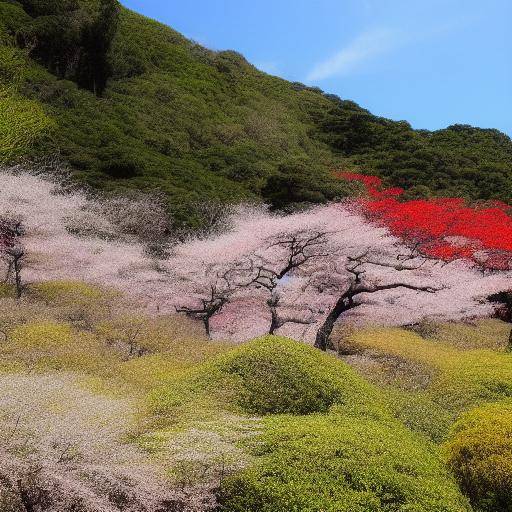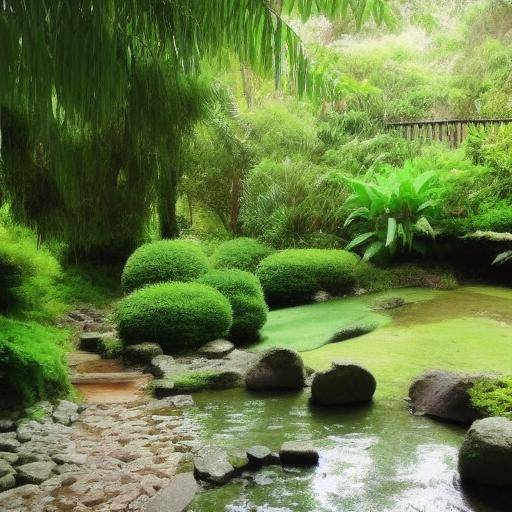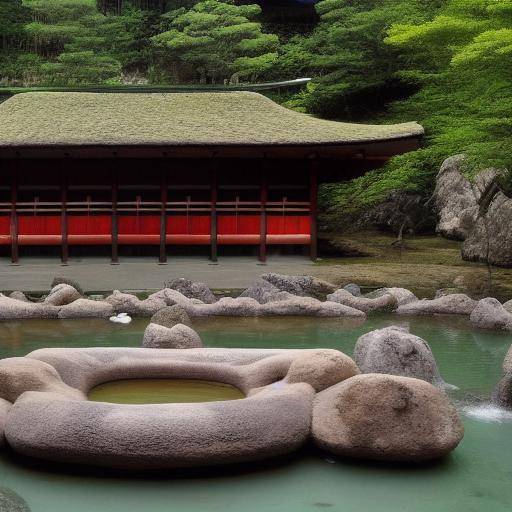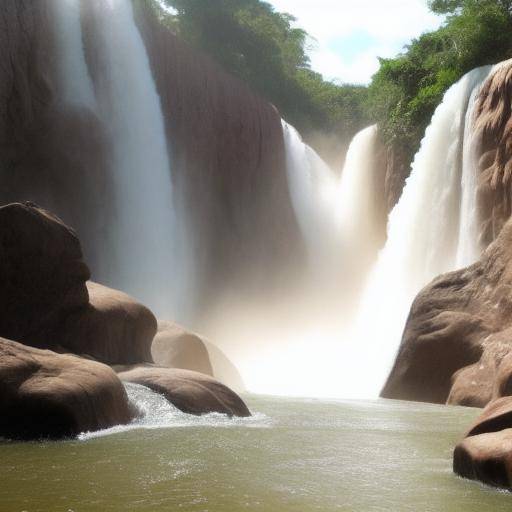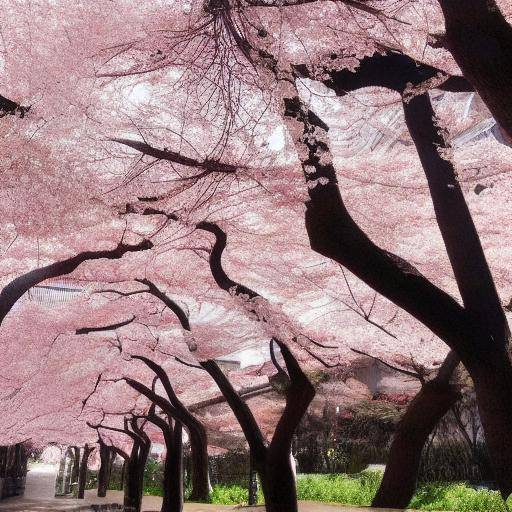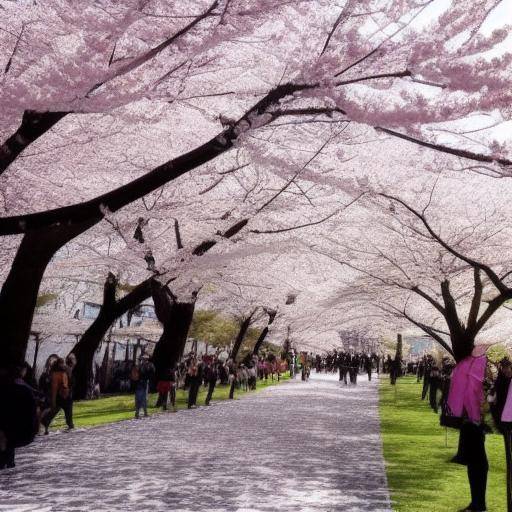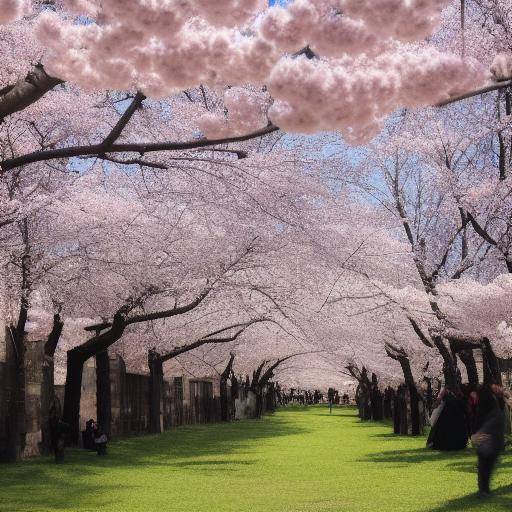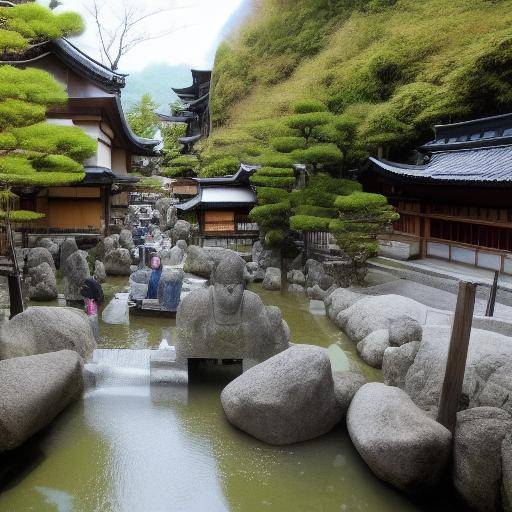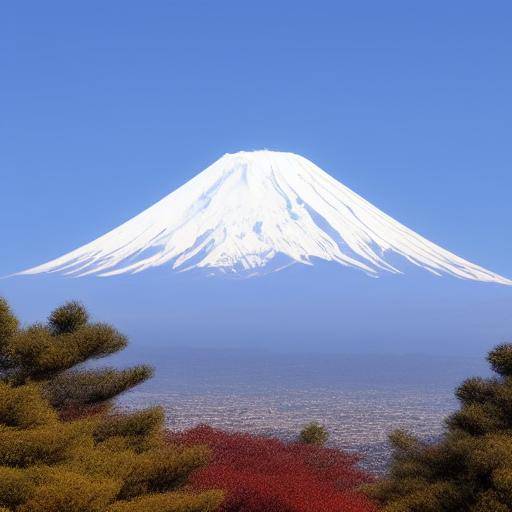
Mount Fuji, a wonder of nature that has captivated travelers, artists and lovers of scenic beauty for centuries, is a cultural and geographical icon of Japan. This majestic volcano, located on the island of Honshu, is the highest mountain in Japan and has been a sacred site revered for generations. In this detailed guide, we will explore the history, majesty, and the diversity of experiences offered by Mount Fuji, as well as its relationship with Japanese nature and culture.
Introduction
Mount Fuji, also known as Fujisan in Japanese, represents the summit of natural beauty, spirituality and adventure in Japan. From its stunning views to its impact on Japanese culture, we will explore in detail everything you need to know to fully enjoy this natural wonder from all angles.
History and Context
**Origins and Sacred Meaning:**Mount Fuji has deep roots in Japanese history and spirituality, where it has been a symbol of worship and contemplation for centuries. The first documented references of Mount Fuji's emblem date back to the eighth century.
**Geological Evolution:**Mount Fuji was formed through volcanic eruptions about 100,000 years ago, resulting in its majestic conical form. This inactive volcano, with its whimsical clouds surrounding it, has been an inexhaustible source of inspiration for poets, artists and nature lovers.
**Mount Fuji in Japanese Culture:**The iconic symmetry of Mount Fuji has been immortalized in countless works of Japanese art, poetry and literature. It has been and remains a central element in Japan's artistic expression and cultural identity.
Deep analysis
**Benefits of Visiting Mount Fuji:**The breathtaking views of Mount Fuji and its surroundings offer benefits for both the soul and the adventurous spirit. The observation of dawn from its summit is a transformative experience that has attracted travelers from around the world.
**Challenges and Preservation of Mount Fuji:**Despite its indisputable beauty, Mount Fuji faces environmental and conservation challenges. The increase in tourism and climate change poses challenges for the preservation of this natural wonder.
**Current trends:**Mount Fuji remains an emblematic tourist destination in Japan, attracting travelers, hikers and nature lovers. Sustainable tourism practices and ecotourism are emerging as trends to preserve the beauty of the natural environment of Mount Fuji.
Comprehensive review
**Experiences and Best Practices:**From ascending to the summit to explore its picturesque surroundings, Mount Fuji offers various experiences for visitors, including hiking, thermal waters and cultural festivals.
**Opinions of Experts and Future Perspectives:**The conservation and tourism experts offer a critical look at the impact of tourism on Mount Fuji, as well as predictions for its future.
**Comparison with Other Natural Wonders:**Mount Fuji is compared to other natural wonders in the world, highlighting the similarities and differences to reveal its uniqueness.
Practical Tips and Recommendations
- Plan your visit in advance to avoid crowds and enjoy the tranquility of the natural environment.
- Explore alternative routes to enjoy different views of Mount Fuji and its surroundings.
- It respects and follows local standards and sustainable tourism practices to preserve the beauty of the environment.
Industry Reflections and Expert Reviews
**Interviews with Mount Fuji lovers:**Talks with fans and experts on Mount Fuji provide an introspective view on the spiritual essence and the cultural importance of this natural icon.
Case Studies and Real Life Applications
**Transformative Effects of Mount Fuji Experience:**We explore cases of travelers who share how the experience of witnessing the majesty of Mount Fuji has positively impacted their lives and perspectives.
**Applications in Different Contexts:**We analyze how Monte Fuji's representations in art, literature and popular culture have influenced the global understanding of harmony between human beings and nature.
Future Trends and Predictions
**Tourism developments on Mount Fuji:**Through data and analysis, we explore emerging trends that could influence the tourism and conservation of Mount Fuji in the future.
**Predictions and Challenges:**Considering the changes in climate and global landscape, we present potential scenarios that could affect Mount Fuji and its environment.
Conclusions and FAQs
Conclusions
Mount Fuji is much more than an imposing natural beauty; it is an icon of culture, spirituality and connection with nature. As we explore all the fascinating aspects of this wonder, it is clear that Mount Fuji is a unique treasure that deserves to be valued and protected by generations to come.
Frequently asked questions
**1. What is the best time to visit Mount Fuji?**The opening season is usually from July to September, when hiking trails are clear and weather conditions are more favorable. However, each station offers its own unique beauty.
**2. What are some popular activities near Mount Fuji?**In addition to climbing the mountain, visitors can enjoy thermal waters, boat rides in the surrounding lakes, cultural festivals and explore picturesque nearby villages.
**3. Is it safe to climb Mount Fuji?**Security is fundamental when climbing Mount Fuji. It is recommended to consult local guides, be prepared for sudden climate change and follow the established safety guidelines.
**4. What does Mount Fuji mean in Japanese culture?**Mount Fuji has been venerated as a symbol of purity, strength and serenity in Japanese culture, playing a central role in the history, art and spirituality of the country.
**5. What is the importance of Mount Fuji beyond its scenic beauty?**In addition to its impressive beauty, Mount Fuji represents the connection between humanity and nature, instilling a sense of reverence and harmony with the natural environment.
**6. How can I contribute to the conservation of Mount Fuji and its environment?**In addition to sustainable tourism, you can support local conservation organizations, participate in cleaning activities and respect environmental regulations during your visit.
In short, Mount Fuji is a natural treasure that transcends its mere physical presence, encapsulating the spiritual and cultural essence of Japan. This article has comprehensively addressed its historical importance, its impact on culture and its future challenges, providing a complete guide to appreciate its majesty from all angles.

